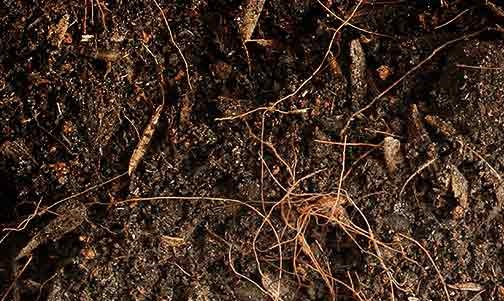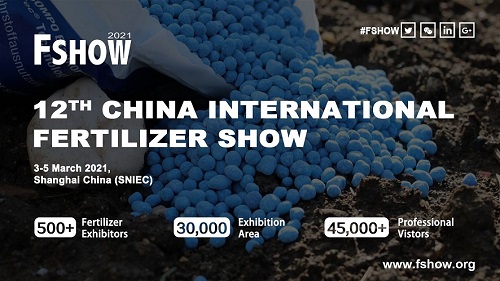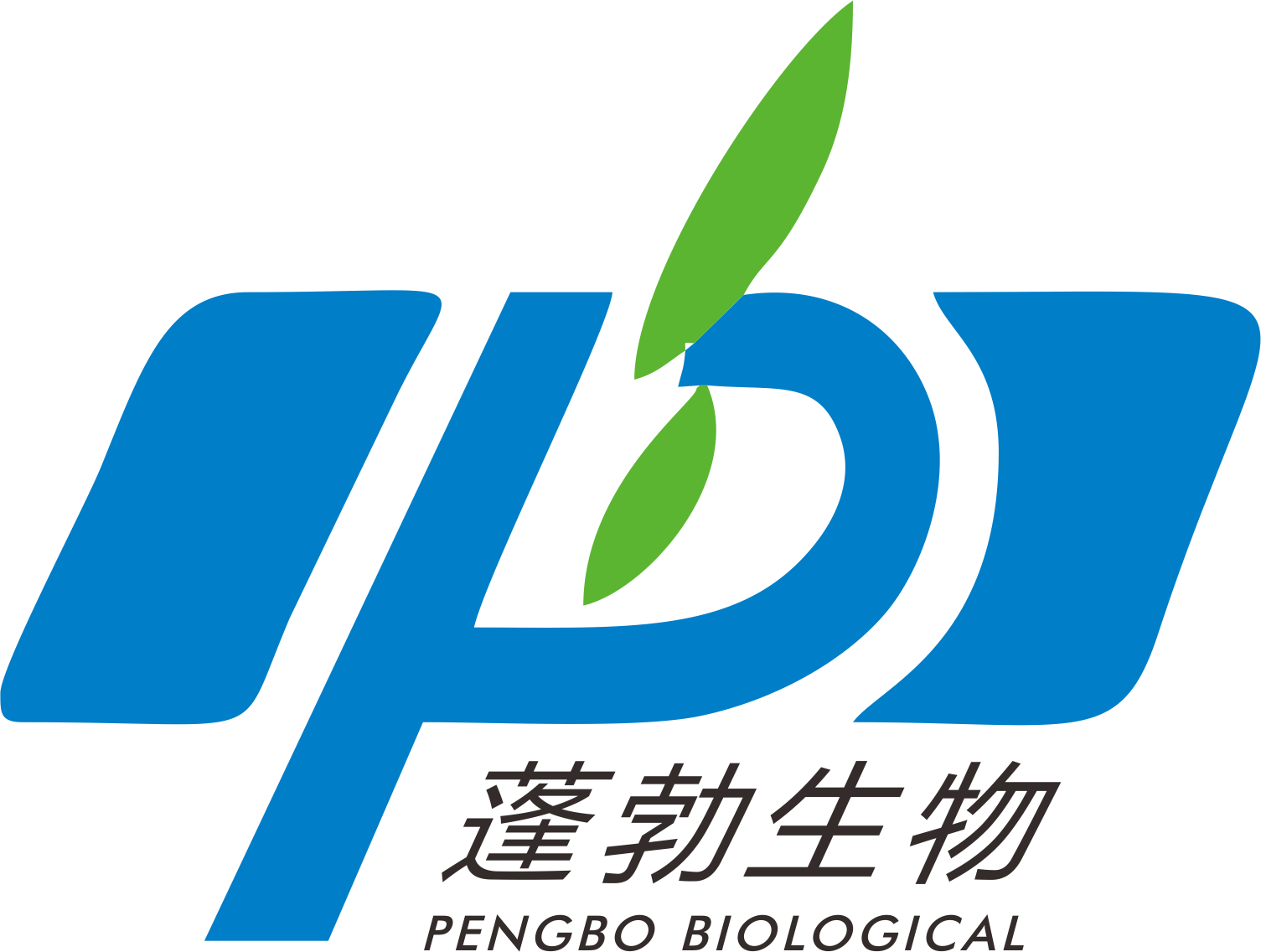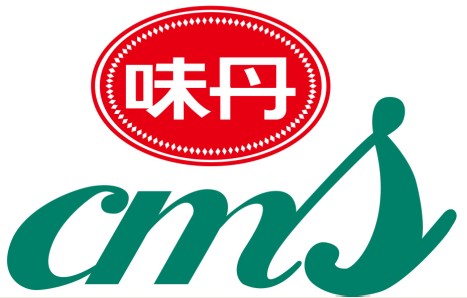What Does Organic Matter Do In Soil?
Author: Release Time:2020.11.23 Number Of Visitors:1609
WHAT IS ORGANIC MATTER?
Many times we think of organic matter as the plant and animal residues we incorporate into the soil. We see a pile of leaves, manure, or plant parts and think, "Wow! I'm adding a lot of organic matter to the soil." This stuff is actually organic material, not organic matter.

What's the difference between organic material and organic matter? Organic material is anything that was alive and is now in or on the soil. For it to become organic matter, it must be decomposed into humus. Humus is organic material that has been converted by microorganisms to a resistant state of decomposition. Organic material is unstable in the soil, changing form and mass readily as it decomposes. As much as 90 percent of it disappears quickly because of decomposition.
Organic matter is stable in the soil. It has been decomposed until it is resistant to further decomposition. Usually, only about 5 percent of it mineralizes yearly. That rate increases if temperature, oxygen, and moisture conditions become favorable for decomposition, which often occurs with excessive tillage. It is the stable organic matter that is analyzed in the soil test.
HOW MUCH ORGANIC MATTER IS IN THE SOIL?
An acre of soil measured to a depth of 6 inches weighs approximately 2,000,000 pounds, which means that 1 percent organic matter in the soil would weigh about 20,000 pounds per acre. Remember that it takes at least 10 pounds of organic material to decompose to 1 pound of organic matter, so it takes at least 200,000 pounds (100 tons) of organic material applied or returned to the soil to add 1 percent stable organic matter under favorable conditions.
In soils that formed under prairie vegetation, organic-matter levels are generally comparatively high because organic material was supplied from both the top growth and the roots. We don't usually think of roots as supplying organic material, but a study in the Upper Great Plains showed that a mixed prairie had an above-ground (shoot) yield of 1.4 tons of organic material per acre, while the root yield was about 4 tons per acre. The plants were producing roots that were more than twice the weight of the shoots.
Soils that have developed under forest vegetation usually have comparably low organic-matter levels. There are at least two reasons for these levels:
1. trees produce a much smaller root mass per acre than grass plants, and
2. trees do not die back and decompose every year. Instead, much of the organic material in a forest is tied up in the tree instead of being returned to the soil.
Soils that formed under prairie vegetation usually have native organic matter levels at least twice as high as those formed under forest vegetation.
WHAT ARE THE BENEFITS OF ORGANIC MATTER?
1. Nutrient Supply
Organic matter is a reservoir of nutrients that can be released to the soil. Each percent of organic matter in the soil releases 20 to 30 pounds of nitrogen, 4.5 to 6.6 pounds of P2O5, and 2 to 3 pounds of sulfur per year. The nutrient release occurs predominantly in the spring and summer, so summer crops benefit more from organic-matter mineralization than winter crops.
2.Water-Holding Capacity
Organic matter behaves somewhat like a sponge, with the ability to absorb and hold up to 90 percent of its weight in water. A great advantage of the water-holding capacity of organic matter is that the matter will release most of the water that it absorbs to plants. In contrast, clay holds great quantities of water, but much of it is unavailable to plants.
3.Soil Structure Aggregation
Organic matter causes soil to clump and form soil aggregates, which improves soil structure. With better soil structure, permeability (infiltration of water through the soil) improves, in turn improving the soil's ability to take up and hold water.
4.Erosion Prevention
This property of organic matter is not widely known. Data used in the universal soil loss equation indicate that increasing soil organic matter from 1 to 3 percent can reduce erosion 20 to 33 percent because of increased water infiltration and stable soil aggregate formation caused by organic matter.
HOW CAN I MAINTAIN OR IMPROVE SOIL ORGANIC MATTER LEVELS?
Building soil organic matter is a long-term process but can be beneficial. Here are a few ways to do it.
1. Reduce or Eliminate Tillage
Tillage improves the aeration of the soil and causes a flush of microbial action that speeds up the decomposition of organic matter. Tillage also often increases erosion. No-till practices can help build organic matter.
2. Reduce Erosion
Most soil organic matter is in the topsoil. When soil erodes, organic matter goes with it. Saving soil and soil organic matter go hand in hand.
3. Soil-Test and Fertilize Properly
You may not have considered this one. Proper fertilization encourages growth of plants, which increases root growth. Increased root growth can help build or maintain soil organic matter, even if you are removing much of the top growth.
4. Cover Crops
Growing cover crops can help build or maintain soil organic matter. However, best results are achieved if growing cover crops is combined with tillage reduction and erosion control measures.
A good supply of soil organic matter is beneficial in crop or forage production. Consider the benefits of this valuable resource and how you can manage your operation to build, or at least maintain, the organic matter in your soil.
From Noble Research Institute, LLC








